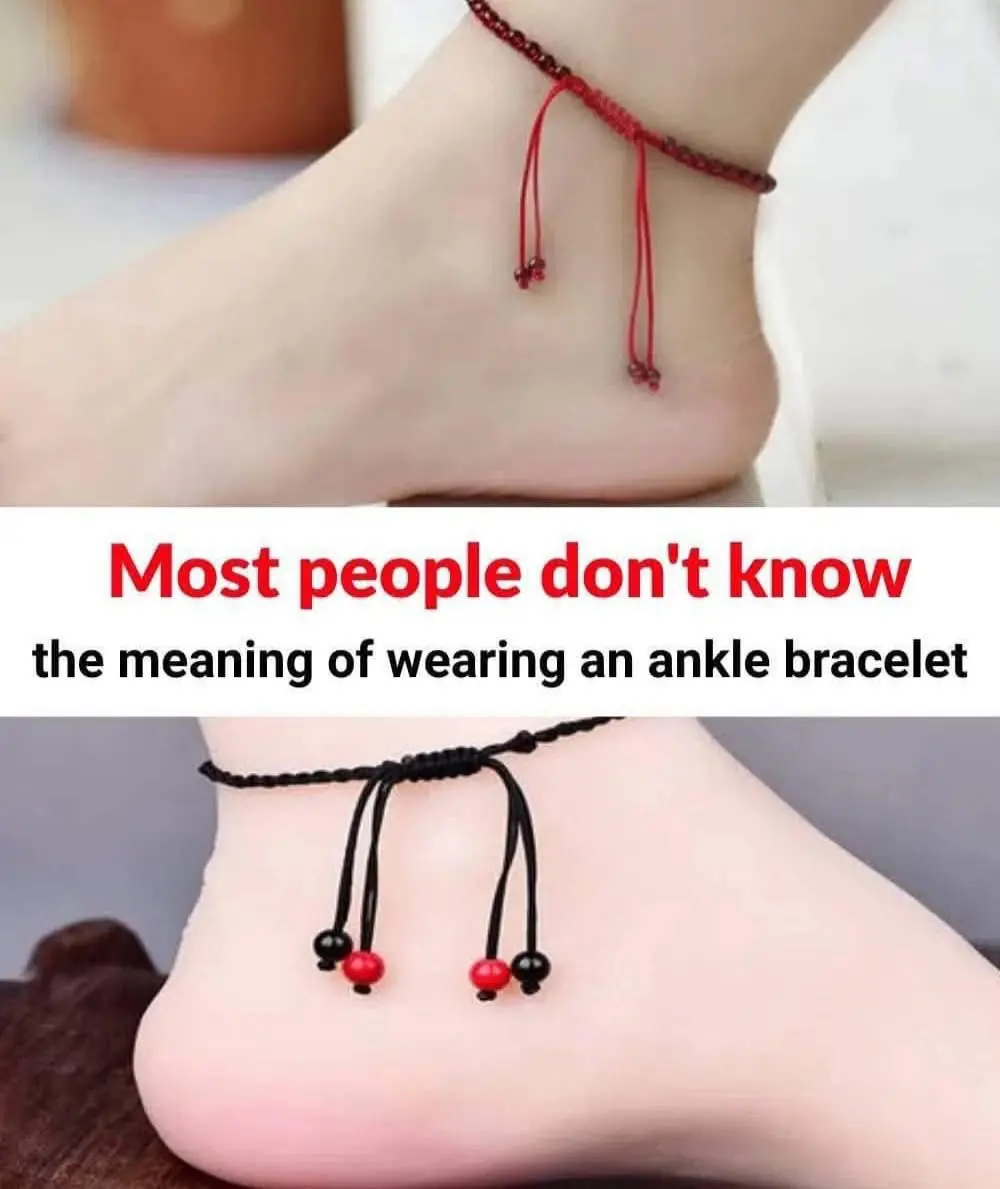
Scientists Grow First Fully Formed Tooth In Lab — A Groundbreaking Breakthrough
In a remarkable leap forward for regenerative medicine and dental science, researchers have successfully grown the first fully formed human tooth in a laboratory setting. This groundbreaking achievement has the potential to revolutionize the future of dental care, offering hope to millions of people suffering from tooth loss, decay, or congenital dental disorders.
The team of scientists, based at Kyoto University in Japan, developed the tooth using a combination of stem cell technology and advanced tissue engineering. By cultivating a precise combination of epithelial and mesenchymal stem cells — the two types of cells responsible for tooth development in embryos — the researchers were able to guide the growth of a tooth from its earliest stages to full maturity. The result? A structurally complete tooth, complete with enamel, dentin, root, and pulp.
“This is more than just a scientific achievement — it's a step toward changing how we treat dental conditions entirely,” said Dr. Kazuhito Yamamoto, lead researcher on the project. “For the first time, we’ve demonstrated that it’s possible to bioengineer a functional tooth that mimics natural development in every way.”
To test the functionality of the lab-grown tooth, the scientists implanted it into the jaw of a mouse. Astonishingly, the tooth integrated successfully, responding to mechanical stress like a natural tooth and connecting with surrounding tissues and nerves. This success opens the door to future applications in human patients, though human trials are still several years away.
The implications of this breakthrough are profound. Currently, the most common solutions for missing teeth include dentures, bridges, and dental implants. While effective, these treatments have limitations. Implants, for instance, require a healthy jawbone and can sometimes lead to complications such as infections or bone loss. A bioengineered tooth, developed from a patient’s own cells, could eliminate the risk of rejection and offer a long-term, natural solution.
Moreover, this technology could be life-changing for people with genetic conditions that affect tooth development, such as anodontia (the absence of teeth) or hypodontia (having fewer teeth than normal). For these individuals, the ability to grow a personalized set of teeth could drastically improve quality of life, both functionally and aesthetically.
There are still challenges ahead. Scaling the process from mice to humans involves overcoming complex biological and ethical hurdles. Scientists need to ensure that the stem cells used are safe, stable, and do not pose risks of uncontrolled growth or tumor formation. Additionally, the tooth’s integration with the jawbone, blood supply, and nerves in humans will require further refinement.
Ethical concerns, as with all stem cell research, must also be considered. The use of embryonic stem cells has historically raised debate, though advances in induced pluripotent stem cells (iPSCs), which can be created from adult cells, offer a more ethically sound alternative.
Despite these challenges, the dental community is abuzz with excitement. Dr. Sandra Mitchell, a dental surgeon in New York, commented, “If this technology becomes widely available, it could shift the entire paradigm of dentistry. Instead of artificial replacements, we might soon be able to offer patients real, living teeth — tailor-made for them.”
As research continues, the dream of regrowing teeth in adults is moving closer to reality. This breakthrough doesn’t just represent progress in dental care — it symbolizes the future of personalized medicine, where lost tissues and organs can be regenerated rather than replaced.
The lab-grown tooth marks a new era, bridging biology and biotechnology in a way that could permanently change how we think about healing and human capability. The smile of the future may, quite literally, be grown in a lab.
News in the same category

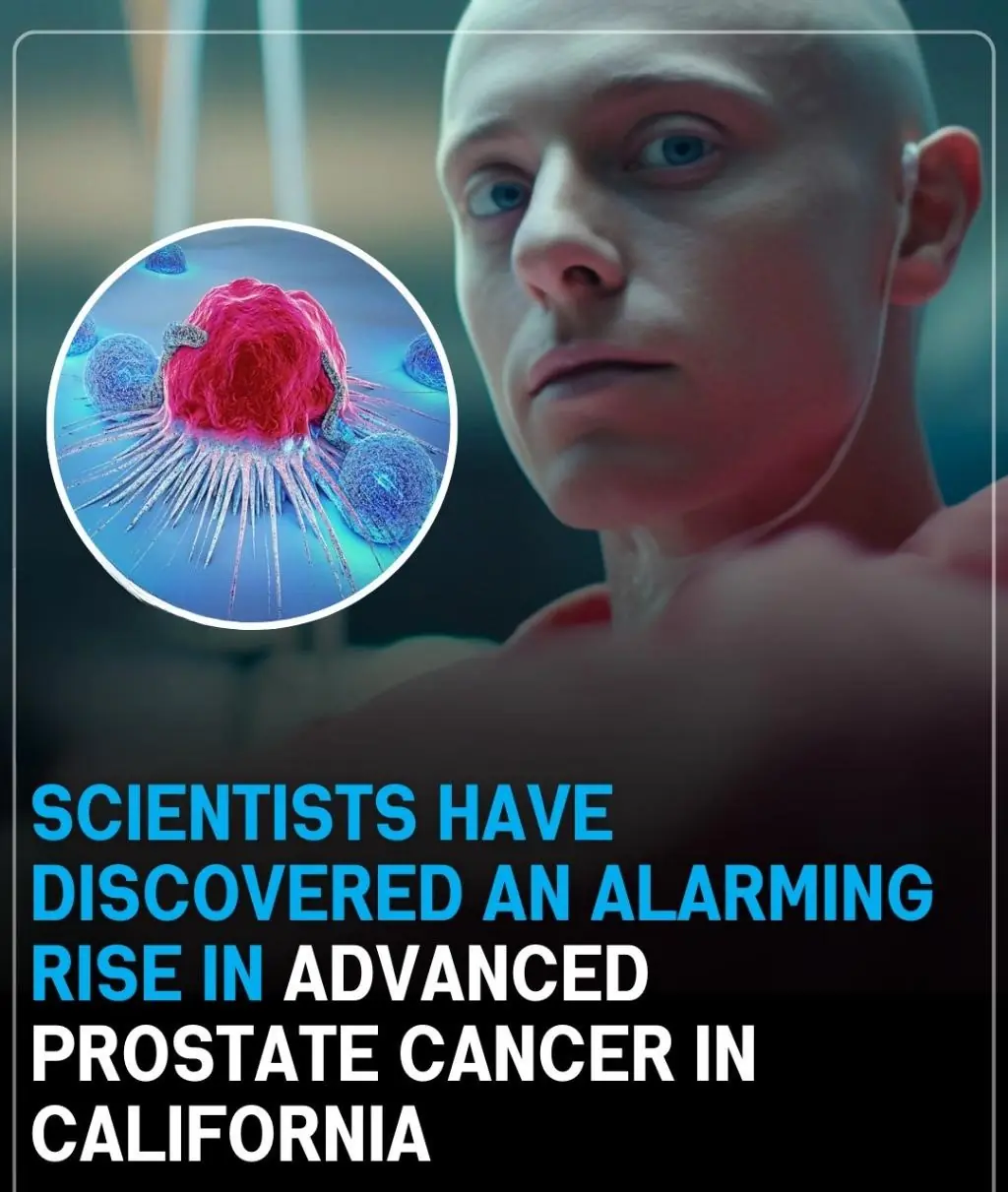
Scientists Have Discovered An Alarming Rise in Advanced Prostate Cancer in California
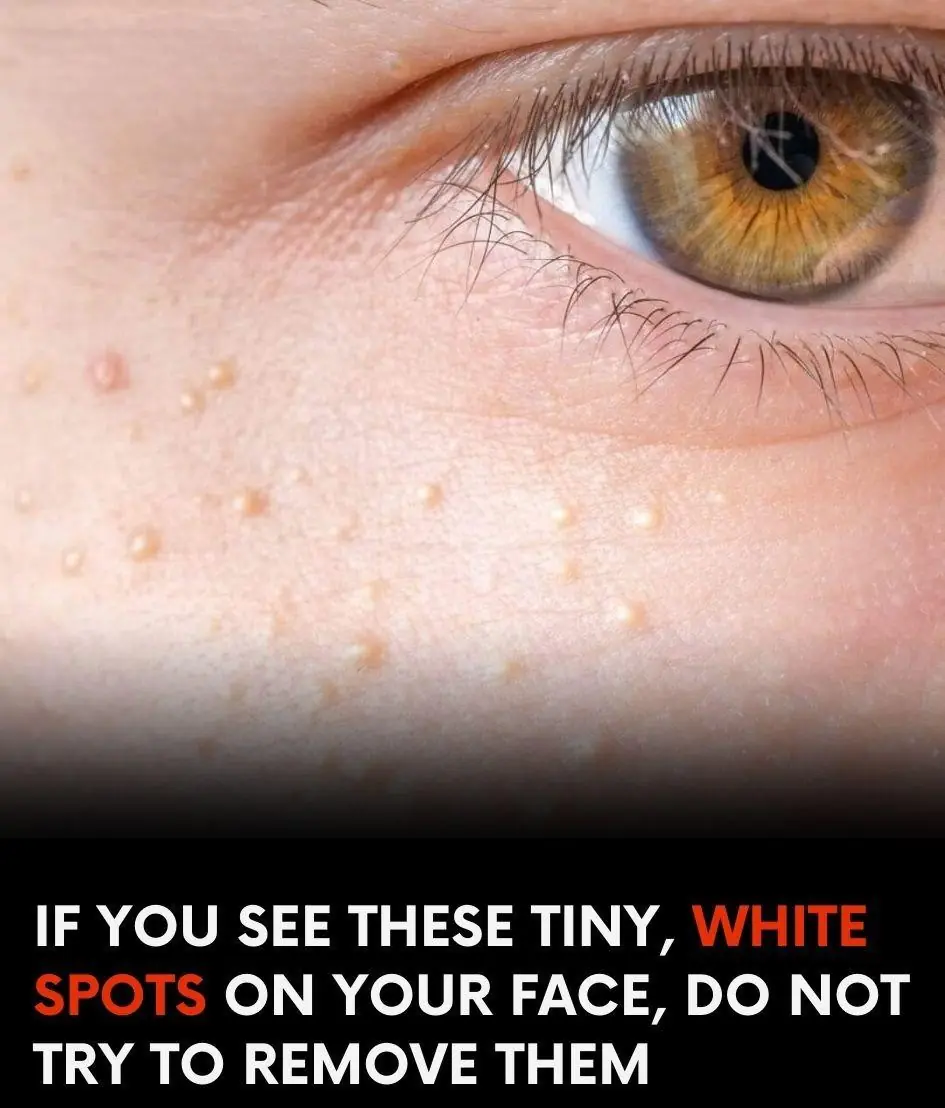
How to Safely Remove Milia

Natural Methods to Destroy Bloating and Heartburn-Causing Bacteria in Your Gut

Doctor warns of the worrying symptoms that mean common disorder could actually be bowel cancer
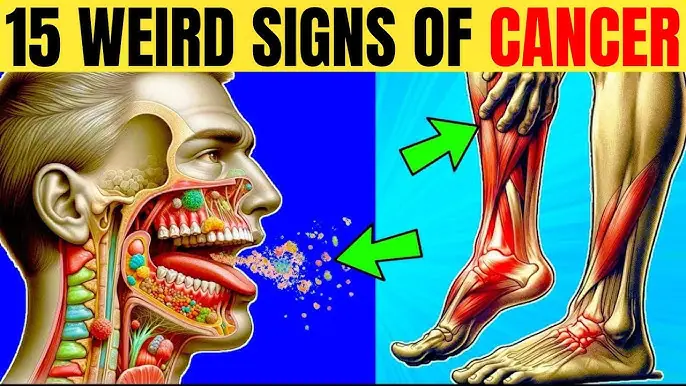
15 Early Signs Your Body is Fighting Cancer
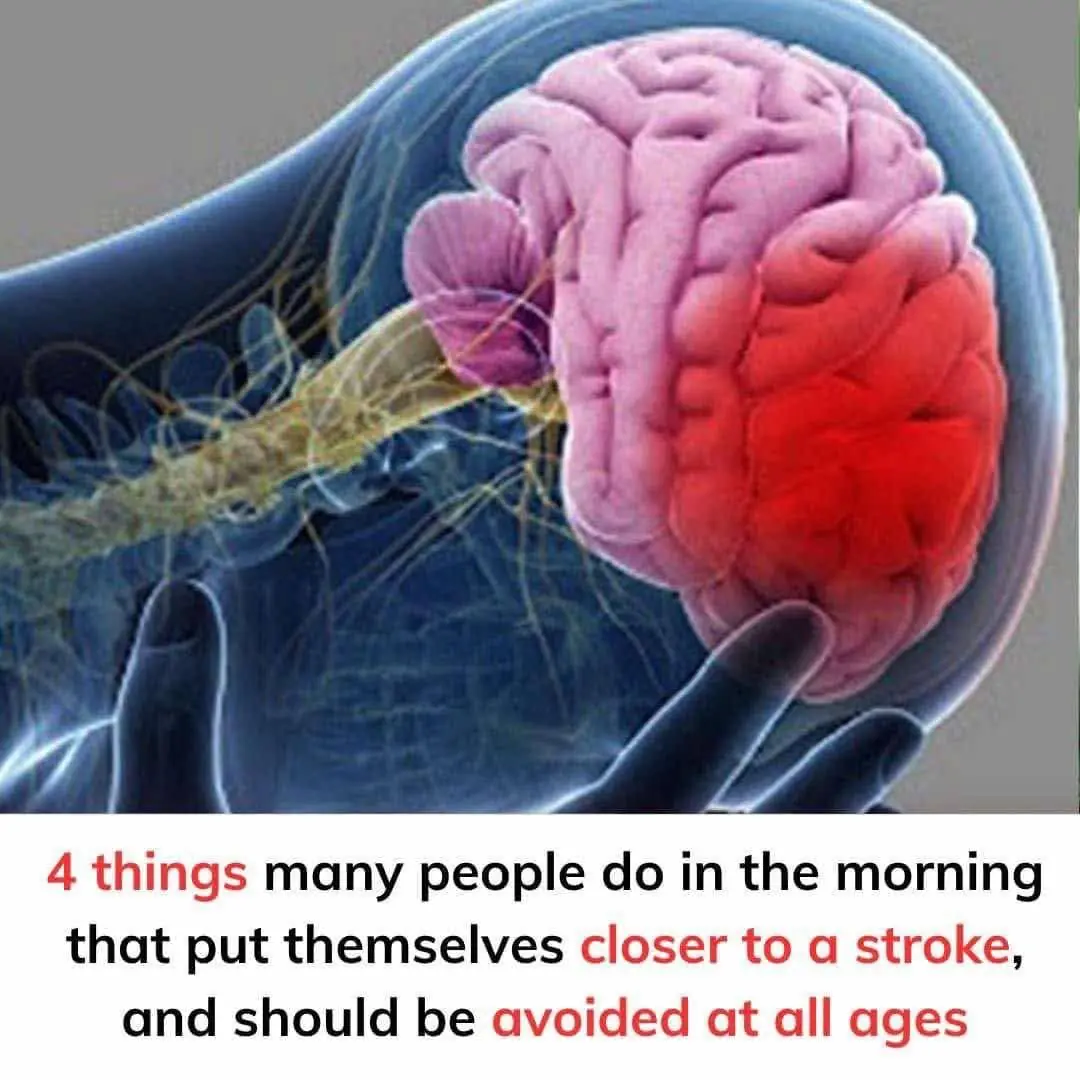
common morning habits that may increase your risk of stroke
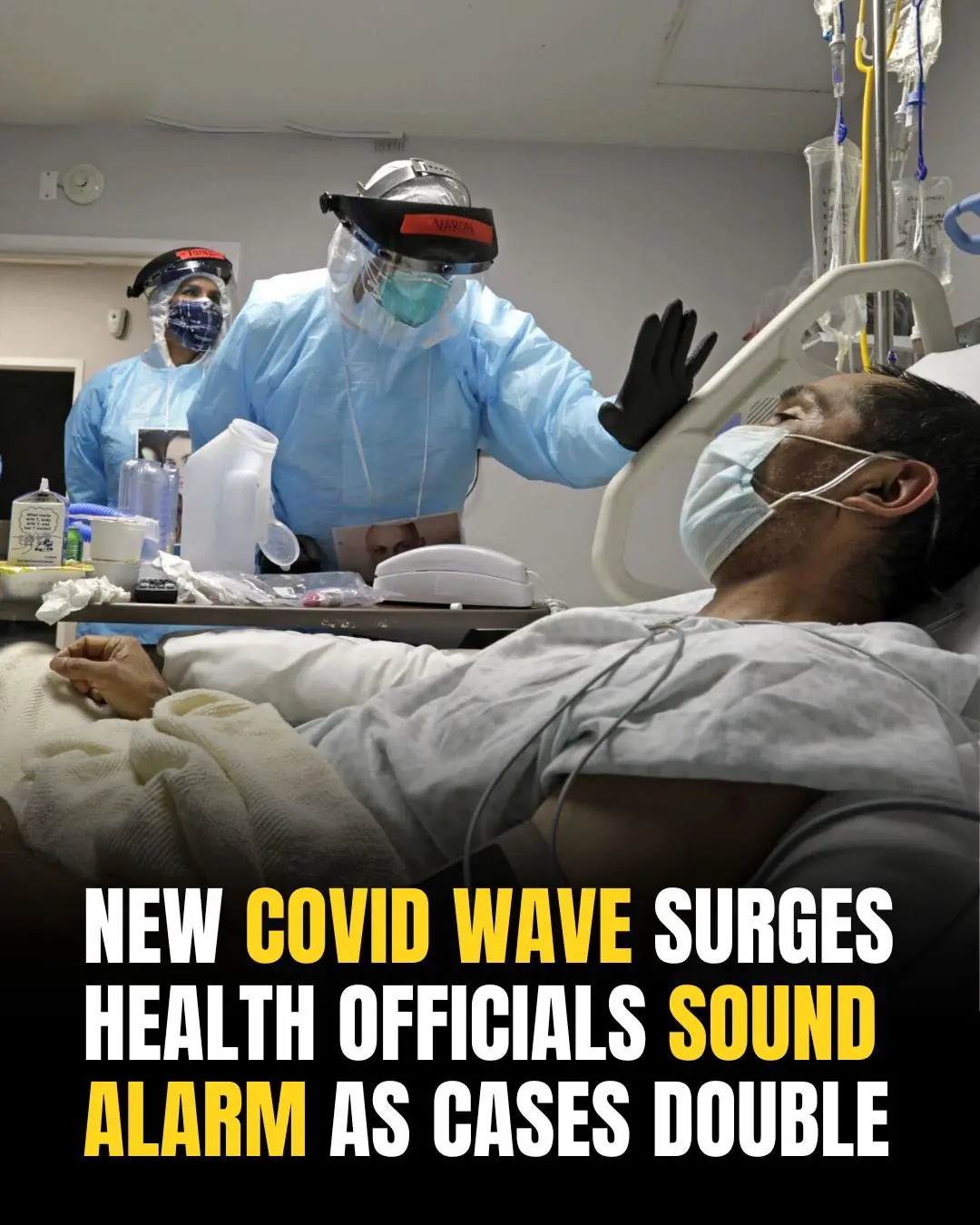
New COVID Wave Surges — Health Officials Sound Alarm As Cases Double
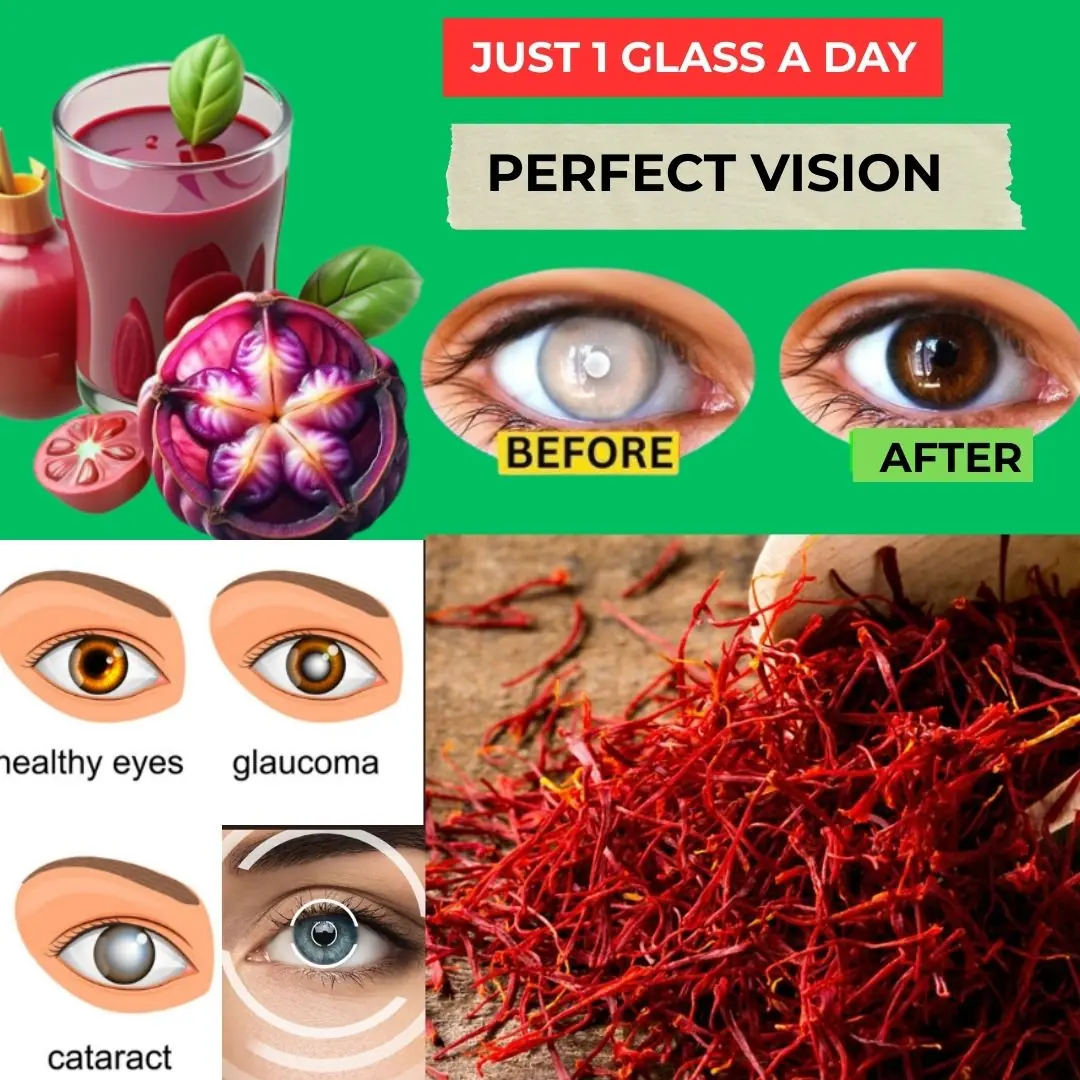
How to Improve Your Vision Naturally with One Simple Ingredient: Saffron

How to STOP Cravings FAST Without Dieting! (The Natural Ozempic?)

Doctors make disturbing discovery in the brains of heavy alcohol drinkers that 'can cause long-term effects'
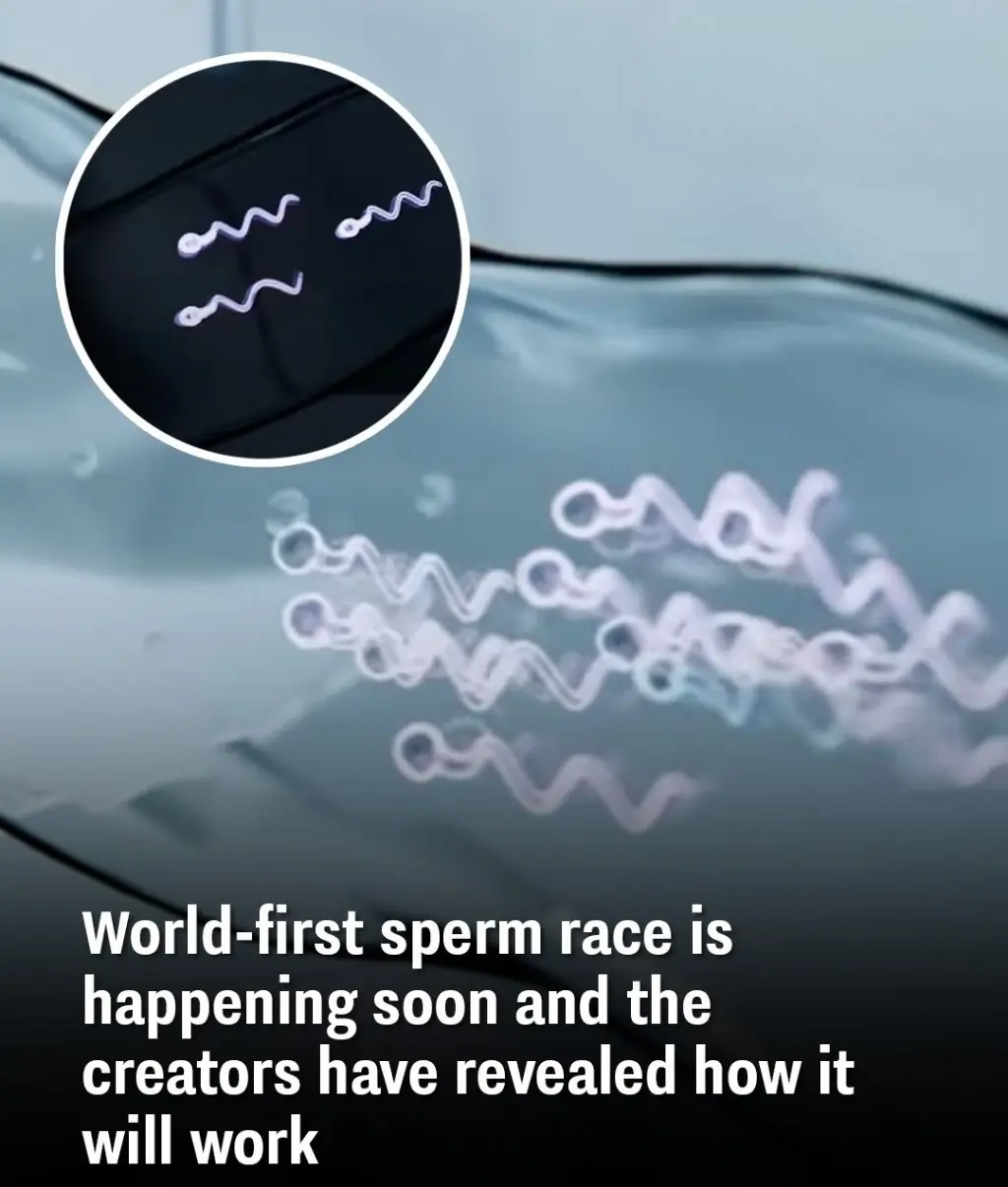
World-first sperm race is happening soon and the creators have revealed how it will work
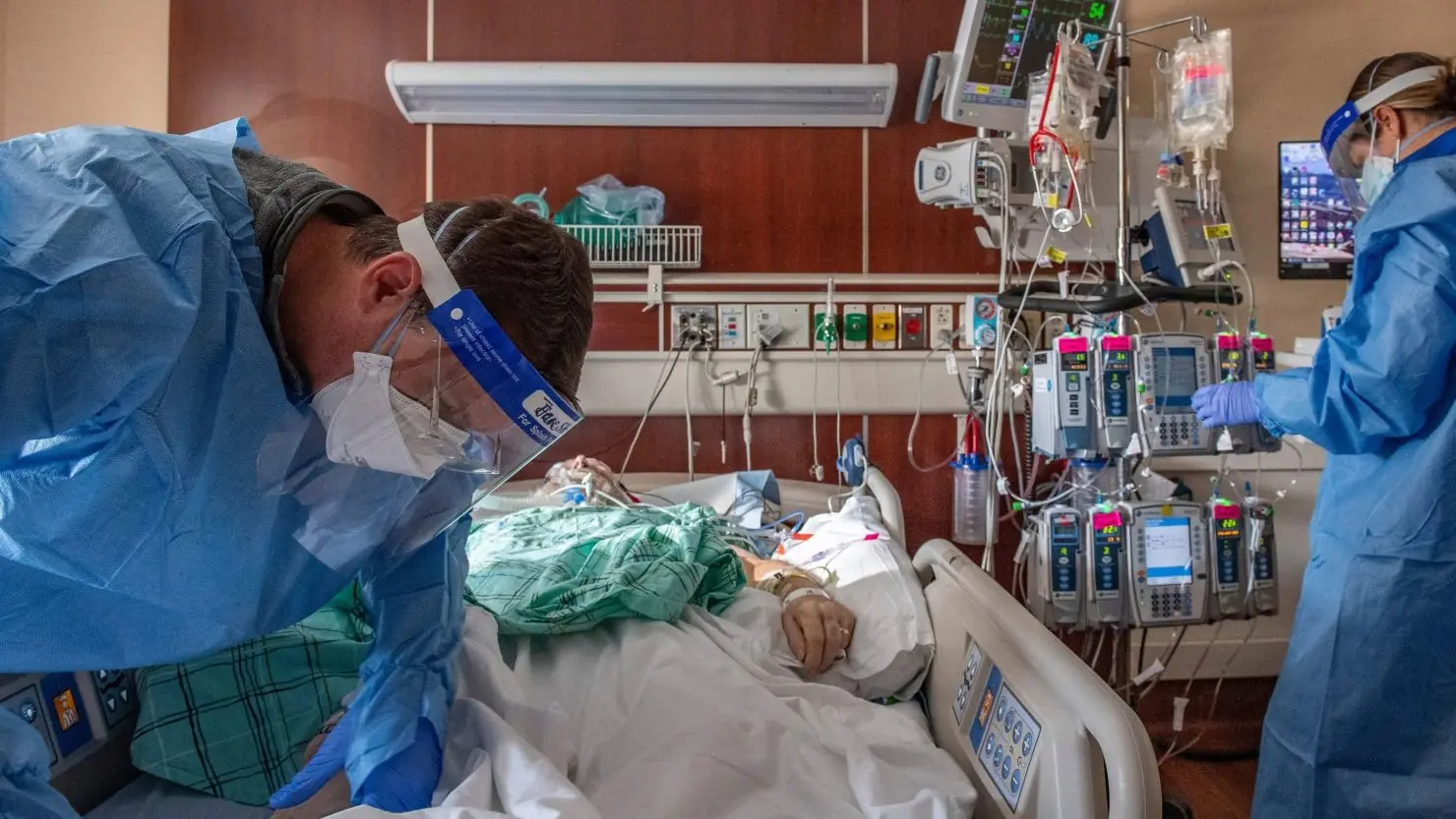
New COVID Wave Surges — Health Officials Sound Alarm As Cases Double

10 Things That Men May Find Unattractive About Women Over 50
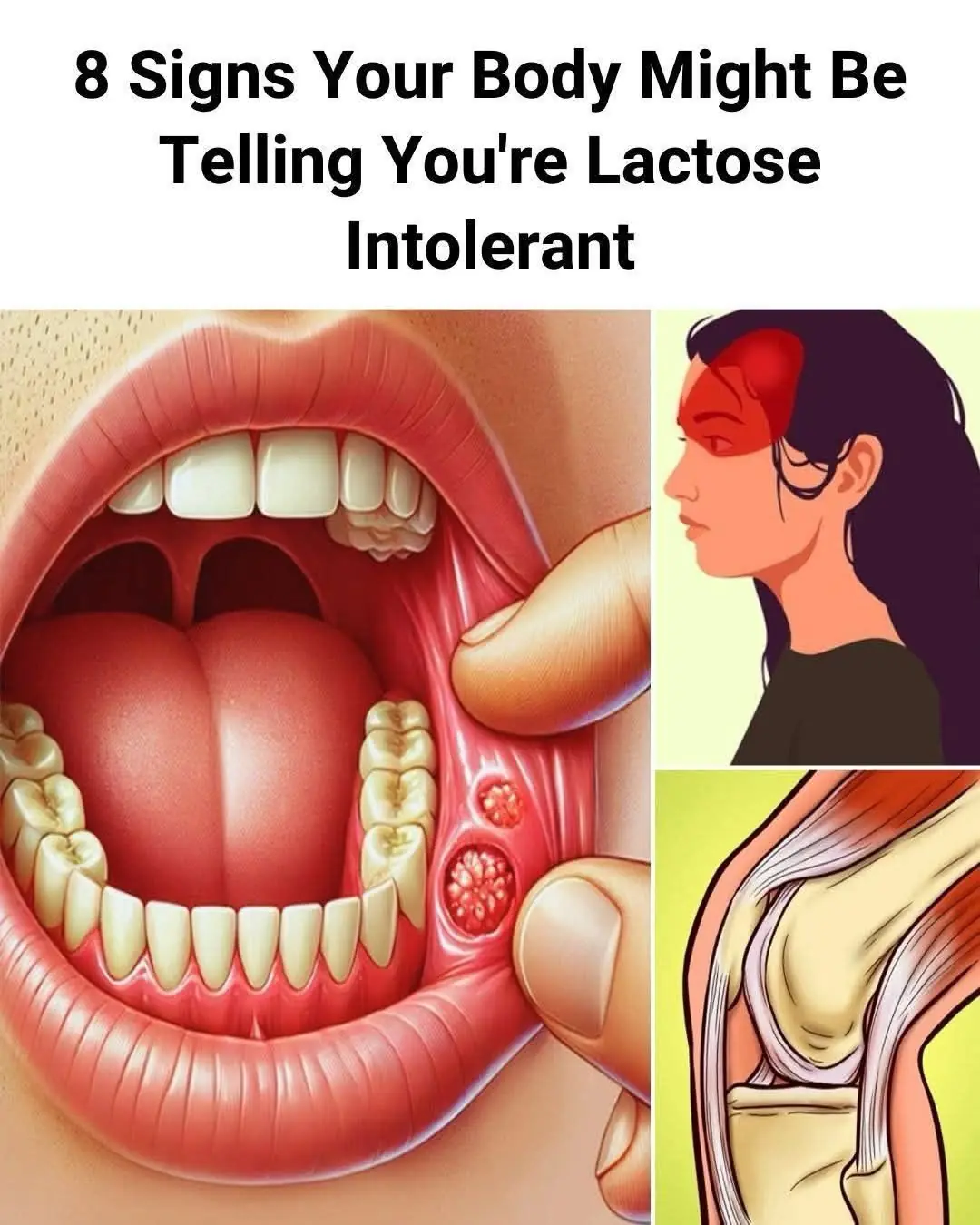
8 Signs You Might Be Affected by Lactose Intolerance
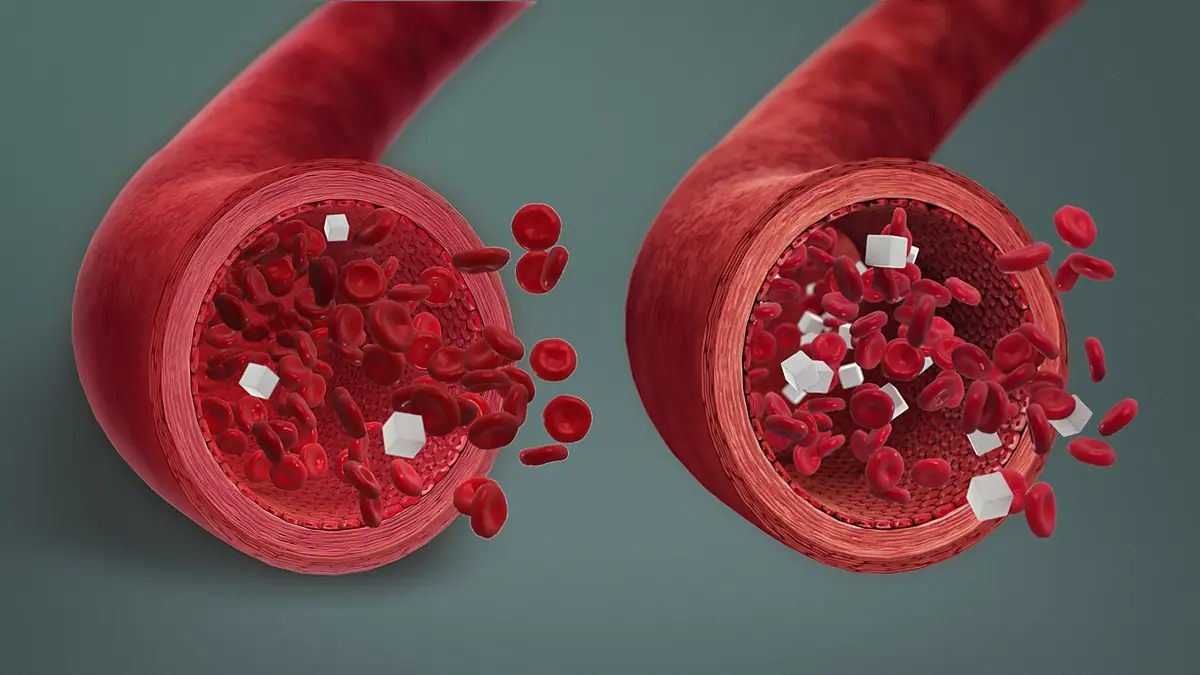
Understanding Diabetes: Types, Symptoms, Risks, and How to Manage It
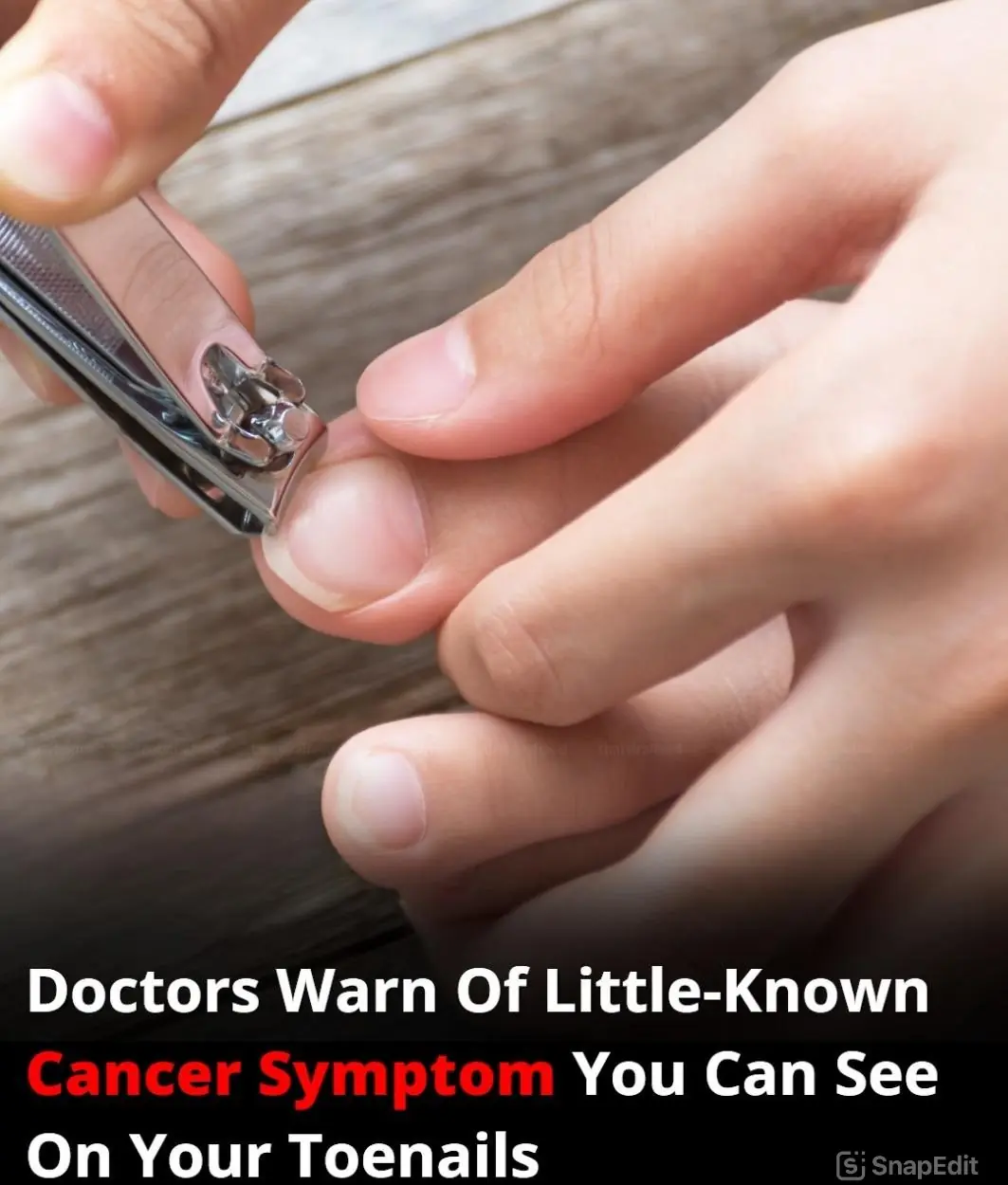
Doctors Highlight A Rare Cancer Symptom That Can Appear On Your Toenails
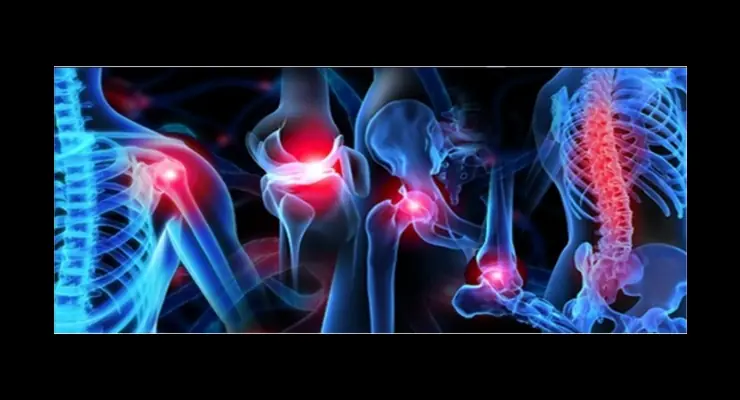
Stroke Warning Signs: When Your Body Sends a Silent SOS
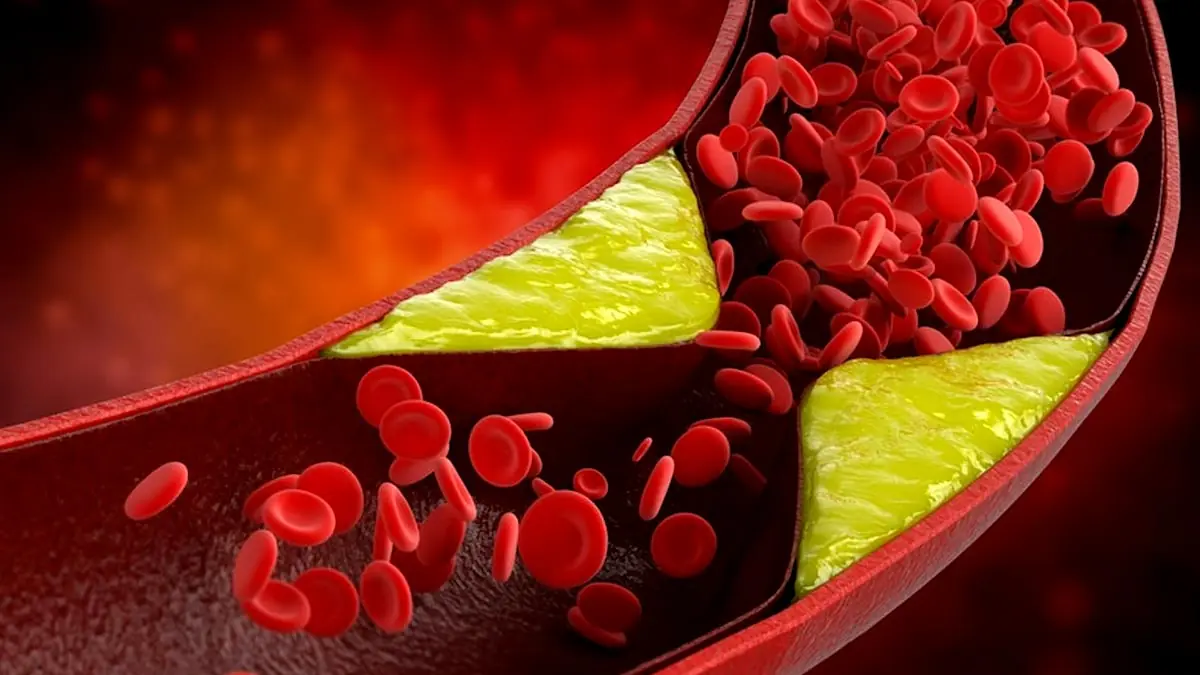
Understanding Cholesterol: The Good, the Bad, and How to Keep It in Check
News Post

My Husband Took His Female Colleague to My Inherited Lake House for 'Business Trips' — But He Had No Idea I’d Already Installed Cameras

MIL Billed Me $3,360 for Babysitting Her Own Grandson — Here's How I Settled the Score

I Was Forced to Pay Rent to My Future MIL Just to Stay in Her House and Keep My Relationship Alive

Our Sassy Neighbor Threw a Party in Our Backyard, Demanding We Stay at Home, but We Had the Last Laugh

The Hidden Meaning Behind Wearing an Ankle Bracelet—Most People Have No Idea

My Husband Called Me Lazy for Wanting to Quit My Job While 7 Months Pregnant – So I Taught Him a Lesson He'll Never Forget

After Their Son's Death, This Elderly Couple Stopped Cooking & Spent 20 Years Sharing Meals with Neighbors — Until One Neighbor's Rejection Broke Their Hearts

Husband Gifted Me a Mop on Our 10th Anniversary as His Sister Laughed – Moments Later, Karma Restored My Faith in Goodness

AM I WRONG FOR BEING UPSET THAT MY 71-YEAR-OLD MOM, ELEANOR, SPENT HER MONEY ON TRAVELING INSTEAD OF HELPING ME, SOPHIA, WITH MY BILLS?

My Husband Bought First Class Tickets for Himself and His Mom Leaving Me and the Kids in Economy - My Lesson to Him Was Harsh

My MIL Thought I Was Not Beautiful Enough for Her Son, So I Entered a Beauty Contest to Win the Crown

Scientists Have Discovered An Alarming Rise in Advanced Prostate Cancer in California

How to Safely Remove Milia

Natural Methods to Destroy Bloating and Heartburn-Causing Bacteria in Your Gut

Doctor warns of the worrying symptoms that mean common disorder could actually be bowel cancer

15 Early Signs Your Body is Fighting Cancer

common morning habits that may increase your risk of stroke

New COVID Wave Surges — Health Officials Sound Alarm As Cases Double

Photographer of tragic little girl trapped in volcanic mudflow explains why he didn’t help her
